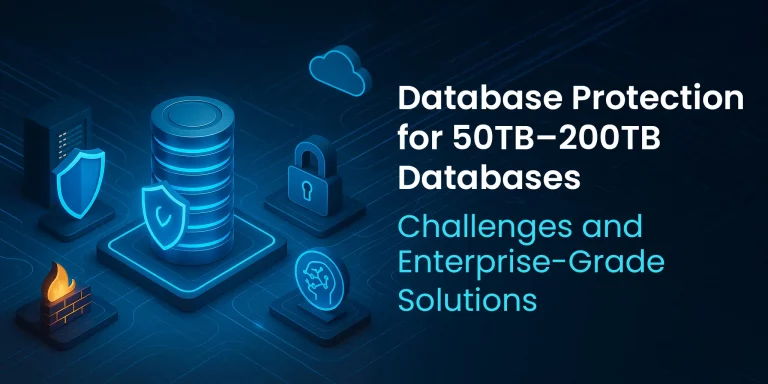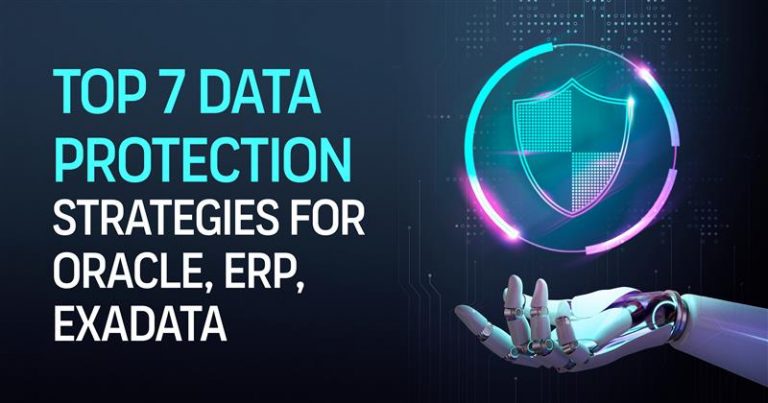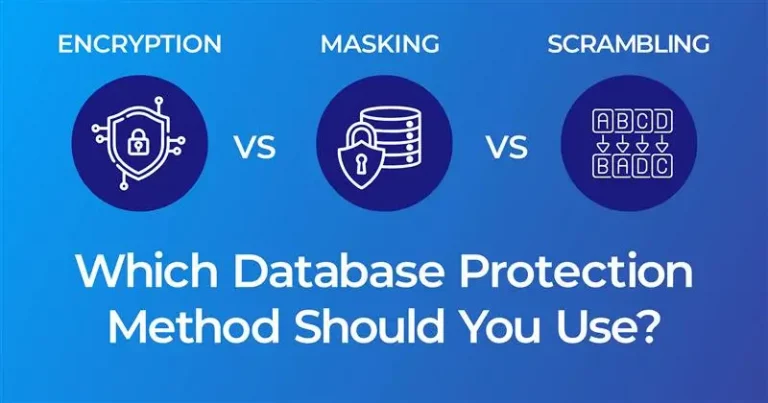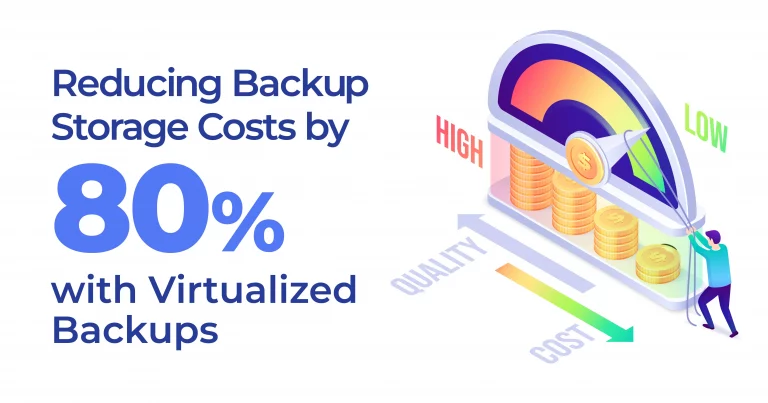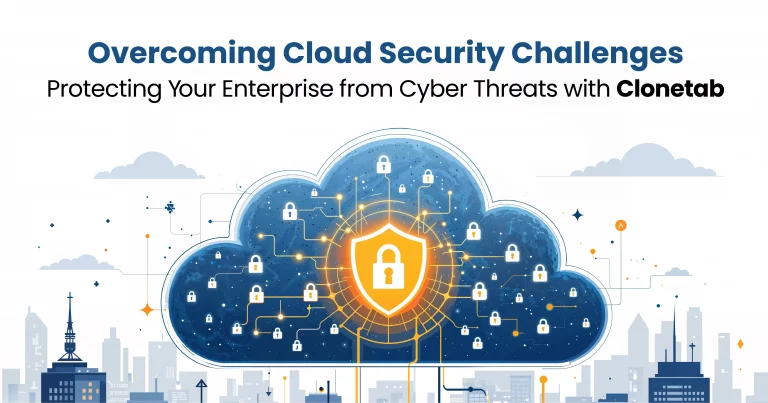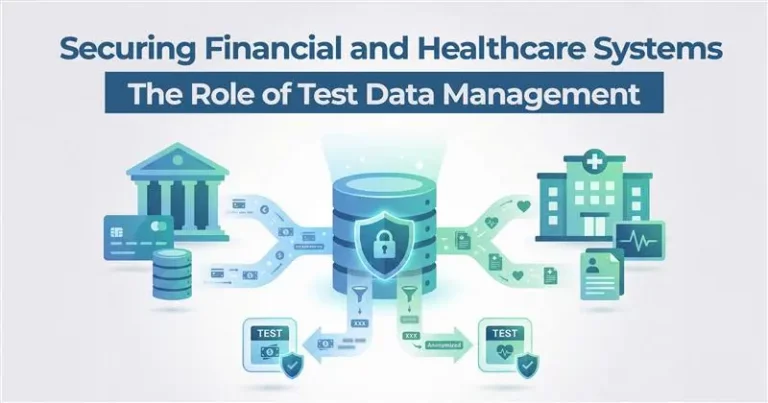
How Test Data Management Protects Sensitive Data in Banking, Finance & Healthcare | Compliant Test Data Strategy Explained
Test Data Management (TDM) ensures sensitive information from production systems is securely masked, scrambled, or anonymized for non-production testing —…
Read More →
